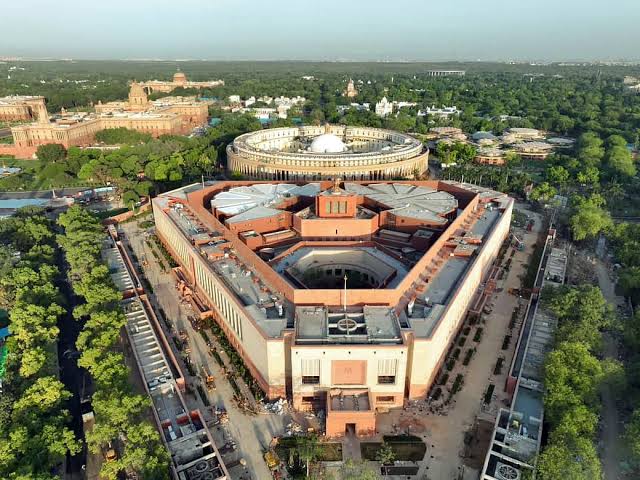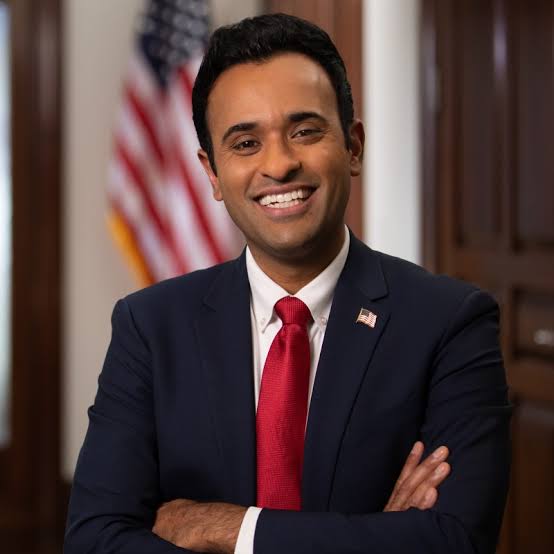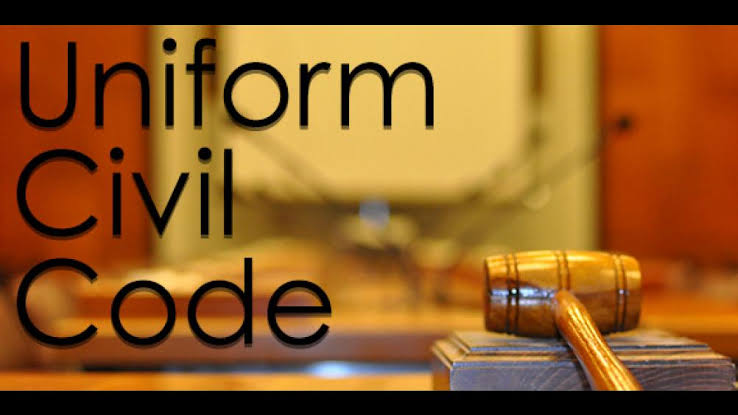Table of Contents
Prologue
Dynastic politics presents a significant challenge to the core tenets of democracy. Democracy entails a system in which individuals govern either directly or through their chosen representatives. Decisions in a democratic framework are made collectively, and in cases of disagreement, the perspective of the majority holds sway, as it is believed to embody a more informed consensus of societal wisdom. When political authority becomes concentrated within a single family or lineage, it contravenes this foundational democratic principle. Dynastic governance erodes the principles of meritocracy, equitable representation, and answerability. Leaders in dynastic regimes often assume their positions without necessarily demonstrating the qualifications or competencies essential for effective leadership. The dynastic model tends to marginalize dissenting voices and potential challengers.
Dynasty: How does it influence Democracy?
Dynastic rule within a democratic framework has a direct impact on citizens. It undermines the essence of equal opportunity and merit-based progression, which are fundamental pillars of a functioning democracy. When political power is concentrated within a single family or lineage, it limits the diversity of perspectives and stifles the potential for fresh ideas and innovation. This can lead to policies that may not necessarily align with the broader needs and aspirations of the society. Moreover, dynastic systems can breed a sense of disillusionment and cynicism among citizens, as they may perceive their participation in the democratic process as having limited influence in the face of entrenched familial power. This, in turn, can erode trust in democratic institutions and hinder the overall progress and development of the nation. Thus, the prevalence of dynastic rule in a democracy directly impacts our faith in the fairness and effectiveness of the system. Let’s analyze this further –
1. Dynasty: Limited Diversity of Ideas
Dynastic succession often results in a limited pool of ideas and perspectives, as power tends to remain concentrated within a specific family or lineage. This can impede the infusion of fresh and innovative approaches to governance. This pattern has recurred, where dynastic leaders sometimes lack nuanced and forward-thinking ideas, relying instead on outdated political rhetoric. A recent incident involving a third-generation political leader in a southern Indian state exemplified this, as the statement made lacked contemporary relevance and seemed contrived to garner attention. Many of these dynasts face the challenge of breaking free from their political legacy, even if it is outdated and out of touch with the current context, in order to establish a distinct identity. This is primarily due to their limited experience and understanding, which someone who rises through the party ranks would naturally develop. Additionally, this is compounded by their lack of independent political and popular support, outside the dynastic legacy of the family.
2. Dynasty: Lack of Meritocracy
Dynastic leaders may not always represent the most qualified or capable individuals for their roles. (For the purpose of clarity, “meritocracy” and “capability” refer to political merit and capability.) This can result in a lack of meritocracy, where leaders are not selected based on their skills, competencies, or achievements. In the case of a state in eastern India, a dynastic leader has not completed his high school education, not due to a lack of opportunities or resources, but due to a lack of intellectual aptitude and academic capability. It is not being suggested that academic achievement is an absolute prerequisite for political or administrative excellence, as exemplified by individuals like Kamraj, who made a significant impact despite lacking formal education. However, when a dynastic leader ascends to power without undergoing the necessary learning experiences, they often lack the intellectual and merit-based qualifications required to provide effective leadership in the complex and ever-evolving world of politics and governance.
3. Dynasty leads to Erosion of Accountability
Dynastic leaders may feel less accountable to the public, as their position is often seen as an entitlement rather than something earned through merit. This can lead to a lack of transparency and accountability in their actions. In dynastic political parties, we have had instances of successive electoral failures of the colossus dimension without any accountability. This supreme sense of entitlement makes them impervious to sensitivity and responsibility associated with accountability. Accountability incidentally is one of the cornerstones of democracy.
4. Dynasty stifles Political Competition
Dynastic dominance can stifle political competition. New and potentially more capable leaders may find it difficult to enter the political arena, leading to a lack of diversity in leadership. One of the major political parties of India went through multiple splits and exits of important leaders, as they found the working environment inimical to their aspirations and capabilities. Incidentally, the party has been reduced from being a national party to a junior partner of many regional parties in several state politics. Still in an election to choose a new President of the party, a more capable and acceptable face was ignored for a family loyalist.
5. Dynasty promotes Nepotism and Cronyism
Dynastic leaders may be more inclined to appoint family members or close associates to key positions, regardless of their qualifications, abilities, and competence. Loyalties to the family take priority over competence. This can lead to issues of nepotism and cronyism, where positions of power are filled based on personal connections rather than merit. Such an environment creates a barrier to growth and expansion. In most of these cases, the people around the dynast do not add any electoral value for want of their popular support. They create a symbiotic relationship where one supports the other and saves the other for their survival and perpetuity.
6. Dynasty weakens of Democratic Institutions
The concentration of power within a particular family can weaken democratic institutions. Checks and balances may be less effective, as dynastic leaders may have a greater ability to influence or control these institutions. There have been instances when the institution of the Prime Ministership, was badly compromised and reduced to a mere figurative head. The imposition of the Emergency in 1975 in India was one of the most glaring instances of institutional subversion when the political executive took control of the other two arms of the government, the legislature and judiciary.
7. Dynasty weakens spirit of Political Innovation
Dynastic leaders may be less inclined to adopt new policies or approaches, as they may be more invested in maintaining the status quo. This can hinder the ability of a democracy to adapt to changing circumstances. Some of the short-term provisions made in the Constitution of India became perpetual and assumed characteristics of permanent provisions. Many reformist provisions remained unattended notwithstanding, a desperate demand from society and advisory from the apex judiciary. The lack of innovation led to judicial activism, where the judiciary stepped in to address the apathy, inaction, and paralytic approach to the changing environment by the executive and the legislature. Incidentally during this period, India was governed by dynastic leaders.
Epilogue
In conclusion, while there may be exceptions, dynastic politics can present significant challenges to modern democracies. It can limit diversity of ideas, hinder meritocracy, erode accountability, and perpetuate inequalities. For a democracy to thrive, it is essential to foster an environment where leadership is based on merit, competence, and the will of the people, rather than family lineage.





